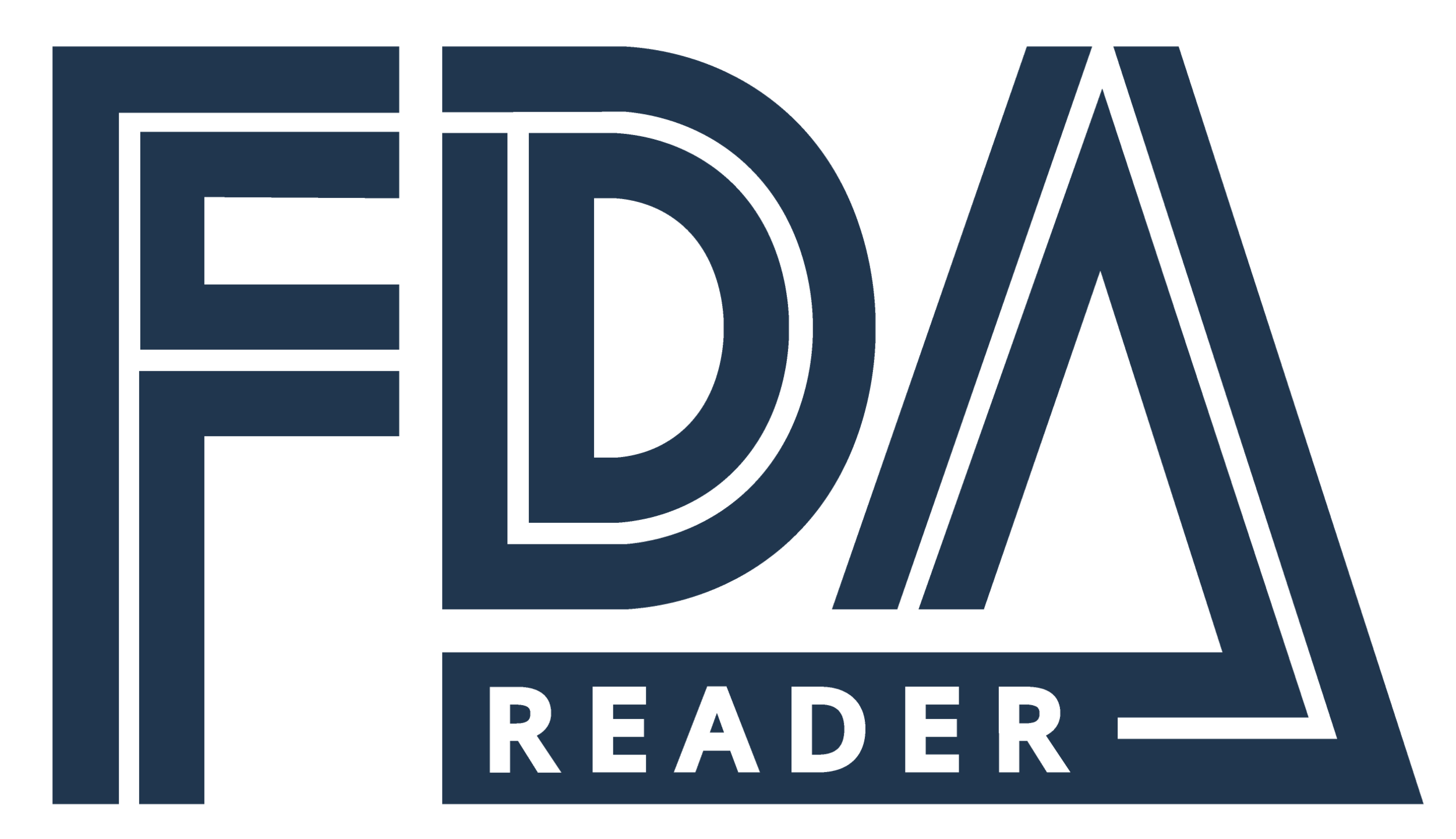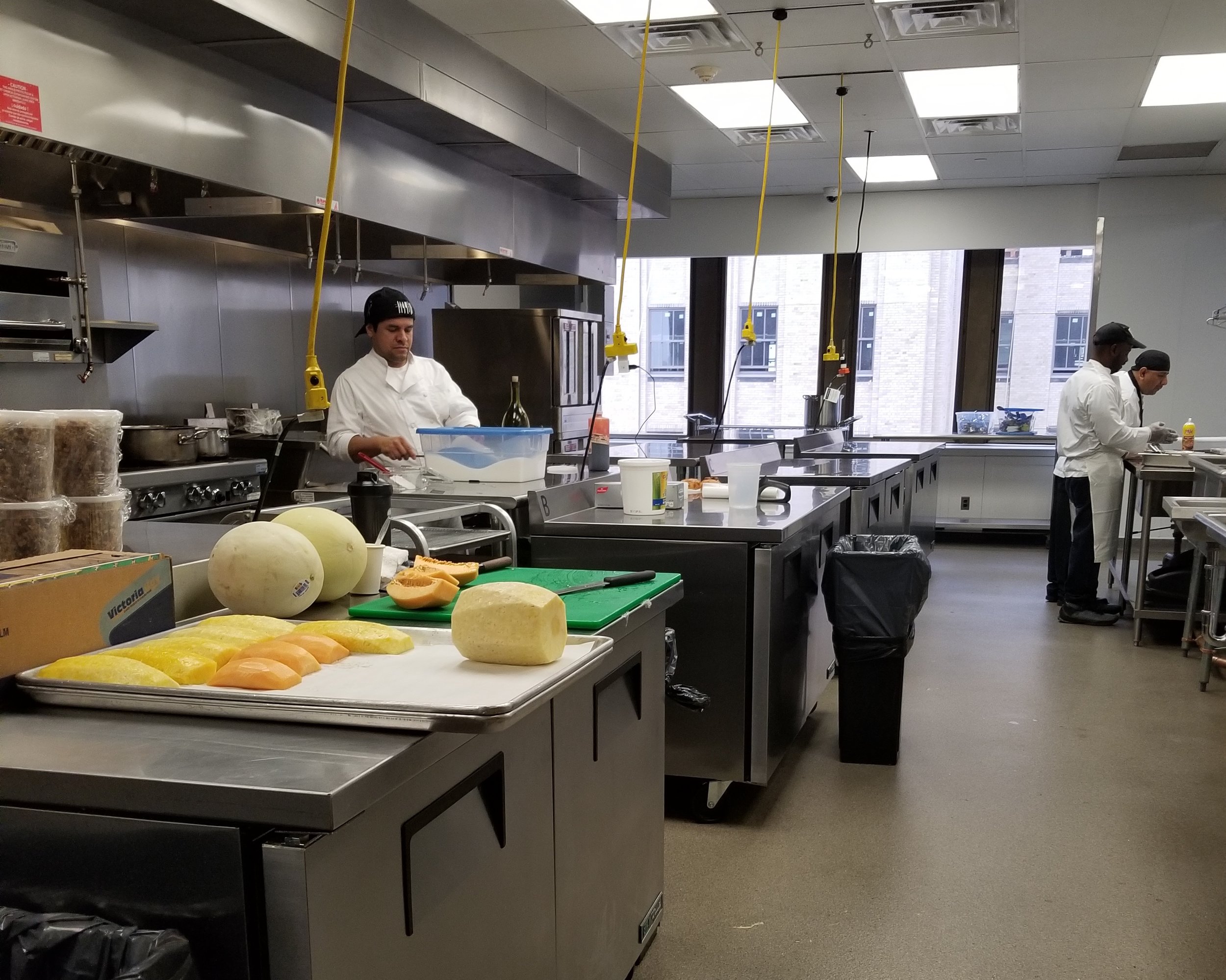Introduction
Great! You have already confirmed that your business is regulated somehow by the FDA.
The easiest way to understand what regulations apply to your business is to identify what kind of food you make.
Some foods are subject to special requirements. If your business produces one of the food types below, click the link to learn about their special requirements. Otherwise, keep reading
Do you make one of these specially regulated foods?
If you make one of these foods, check out our section on Specially Regulated Foods
Otherwise, your product likely falls under Part 117 (See Below)
Part 117 Overview
If you are producing human food, then you are most likely governed under Title 21 -- Chapter 1 -- Subchapter B -- Part 117. This section contains the majority of requirements for typical food producers.
What You Need To Know To Be FDA Compliant:
Everything a food producer needs to know is located in Subpart B. To find exactly what you're looking for, read the sections below:
Subpart B -- Current Good Manufacturing Practices: This contains Requirements for Facilities, Employees, and Sanitation.
Guide to Subpart B
Subpart C -- Hazard Analysis and Risk Based Preventive Controls: This section outlines the requirements for a Food Safety Plan and other requirements related to the implementation of preventive controls.
Guide to Subpart C
Subpart F -- Requirements Relating to Records that Must Be Established and Maintained: This section dictates the record keeping requirements for food businesses.
Guide to Subpart F
Subpart G -- Supply-Chain Program: This section outlines the requirement for verifying supplier partners and documenting this process.
Guide to Subpart G
Other Parts of 117:
These sections relate to a minority of food processors. In case you are interested, I have linked them below:
Subpart A -- General Provisions:This section contains definitions, exemptions, and the training requirements for employees working in a food production space.
Source Text: Title 21 -- Chapter 1 -- Subchapter B -- Part 117 -- Subpart A: General Provisions
Subpart D -- Modified Requirements: This section describes modified requirements that apply to Qualified Facilities and Storage Facilities.
Source Text: Title 21 -- Chapter 1 -- Subchapter B -- Part 117 -- Subpart D: Modified Requirements
Subpart E -- Withdrawal of a Qualified Facility Exemption: This section describes how a business would transition from being exempt to provisions of the code to non-exempt status. This only applies to businesses who previously but no-longer apply for the Very Small Business Exemption
Source Text: Title 21 -- Chapter 1 -- Subchapter B -- Part 117 -- Subpart E: Withdrawal of a Qualified Facility Exemption
This Article is For You if…
∆ You make or pack food that is consumed in the US.
∆ Your food product enters interstate commerce























